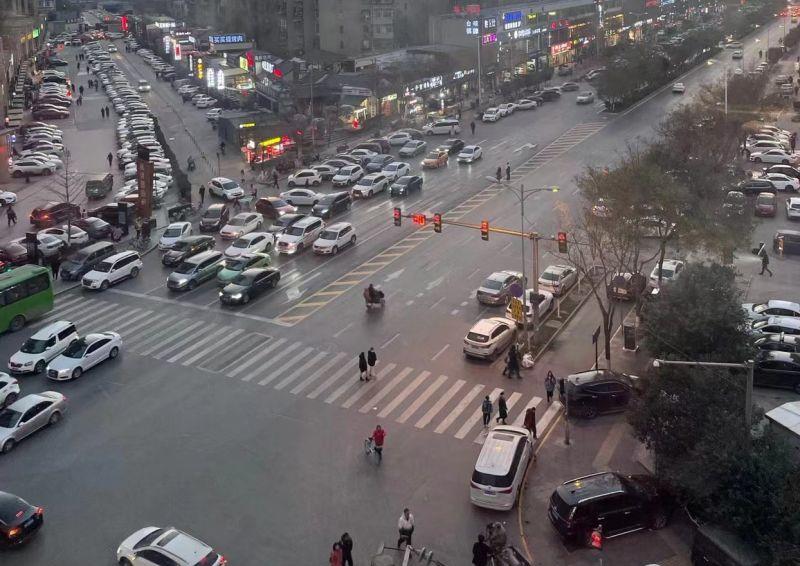The National Development and Reform Commission and other ministries and commissions recently issued the "Implementation Plan for Promoting Green Consumption", in which the automobile industry plan mentions that vigorously promote new energy vehicles, gradually cancel the purchase restrictions of new energy vehicles in various places, promote the implementation of support policies such as restriction-free travel and right of way, and strengthen the construction of supporting infrastructure such as charging and replacing, new energy storage, and hydrogenation. Promote the implementation of the policy of comprehensively canceling the relocation of second-hand cars, and further expand the circulation of second-hand cars.
In September 2020, China clearly proposed the strategic goals of "double carbon" and "carbon neutrality" in 2030 and "carbon neutrality" in 2060, that is, China will achieve "carbon peak" by 2030 and "carbon neutrality" by 2060. As we all know, the automotive industry is one of the main sources of carbon emissions. According to relevant public data, the transportation industry accounts for 15% of the country's terminal carbon emissions, the average annual growth rate of the past nine years is more than 5%, can be called a large carbon emissions household, in aviation, railways, waterways, roads and other modes of transportation, road transport brought the highest carbon emissions, accounting for about 75% of the entire transportation industry, which means that in order to achieve low-carbon development of the transportation industry, it is necessary to take the lead from the automobile industry.

The "plan" mentions that by 2030, green consumption methods will become the conscious choice of the public, green and low-carbon products will become the mainstream of the market, the green and low-carbon development model of consumption in key areas will be basically formed, and the policy system and institutional mechanism of the green consumption system will be basically sound. Vigorously promote new energy vehicles, gradually cancel the purchase restrictions on new energy vehicles in various places, promote the implementation of support policies such as restriction-free travel and right-of-way, strengthen the construction of supporting infrastructure such as charging and replacing, new energy storage, and hydrogenation, and actively promote the development of LNG for vehicles and ships. Promote the pilot work of the application of the new energy vehicle power exchange mode, and orderly carry out the demonstration application of fuel cell vehicles.
Orderly development of the sharing economy in the fields of travel, accommodation, freight and other fields, and encourage the sharing and exchange of idle goods. Actively develop the second-hand car distribution business, promote the implementation of the policy of comprehensively canceling the relocation of used cars, and further expand the circulation of second-hand cars. Actively develop second-hand transactions such as home appliances, consumer electronics and clothing, and optimize the trading environment. Allow areas with conditions to develop flea markets in an orderly manner on vacant land or designated specific spaces around the community, encourage communities to regularly organize second-hand commodity trading activities, and promote the trading and circulation of idle goods in residents' households within their jurisdiction.